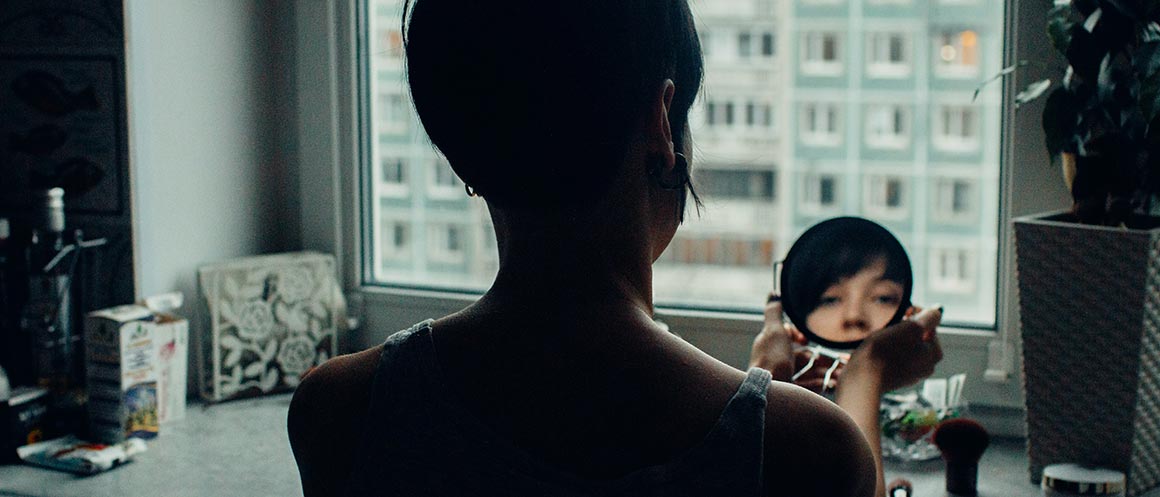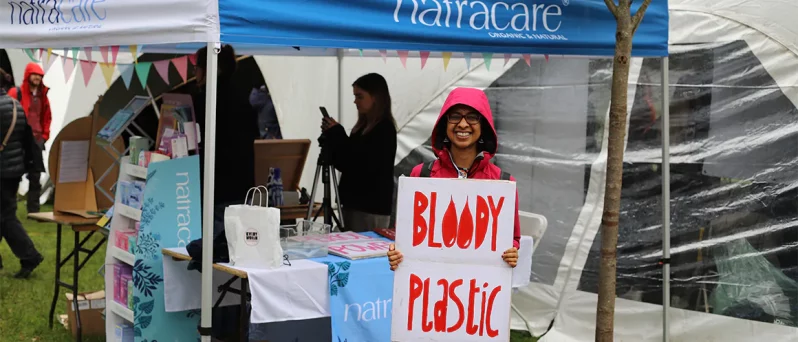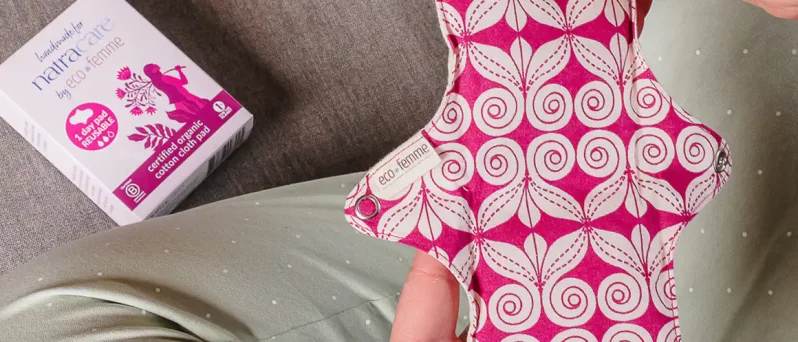Whether you start your bedtime routine at 8pm every evening to be sure you’ll get a good night’s sleep or you jump out of bed every morning and head straight to the gym, finding a routine that works for you is important for keeping your mind and body in check. When we talk about routines, we often think on a daily basis, but what if there was a better way to plan your routine, and it revolved around your hormone cycle? 👀 Read on to find out why the daily routine might not be working for you.
What is a hormone cycle?
A hormone cycle is the pattern of changes your hormone levels follow over time. Your hormones work to regulate your body and its processes – including your breath, your hunger levels, your sex drive and so much more. Changes in hormones happen daily for everyone. Your hormone balances can influence how you feel in yourself at any given time.
How long are hormone cycles?
This really depends on the person! People with a menstrual cycle’s hormone fluctuations span over the same length as their menstrual cycle (around 28 days), following its four phases. This means that hormone levels change throughout the day, and they also differ from one day to the next. More on how hormones fluctuate through each menstrual phase below.
For people without a menstrual cycle, hormone cycles usually work on a daily (24-hour) rhythm. This means that hormone levels will change throughout the day, but usually with peaks and troughs at similar times from one day to the next.
The problem with the daily routine
The world we live in mostly operates within a patriarchal and capitalist structure. The modern world was built by and for cisgender men, with women and gender diverse people having to slot in where they can, often facing disadvantages as a result. Proof of this is the importance placed on a daily routine for achieving health and success – waking up, exercising, being productive at work, and taking breaks or time to rest at the same time each day to form habits.
While keeping good daily habits is definitely a beneficial thing, this system is optimised for people who run on a 24-hour hormone cycle. However, it doesn’t account that in a monthly hormone cycle, the difference between how you feel at 6am on the first Tuesday of the month could greatly differ to the following day, or to the third Tuesday of the month! Sometimes following a strict daily routine isn’t realistic or helpful because it’s not in line with the way our bodies operate.
This means that monthly cycle thinking can be a helpful way to plan and structure your habits to best fit where you are. Changing some of the big things in your routine like your work hours or your time available to rest might not be feasible. Instead, here are some ideas for making small changes to your routine, helping it flow with your hormone cycle and the phases of your menstrual cycle.
Menstrual phase (lasts 3-7 days)
The first phase of your menstrual cycle is your period, during which your hormones are in flux. Progesterone levels suddenly drop, and oestrogen levels are low but on the rise. During this time you might notice your body temperature is higher, your skin is more sensitive than usual, and you’re experiencing PMS symptoms like fatigue, mood swings, and cramps.
However, during this low-hormone period, your body might also have a higher pain threshold and you could feel more energetic than in the lead up to your period. The further through your period you get, the better you’re likely to feel. During the menstrual phase try to:
- Push yourself a little harder when it comes to exercise. You might surprise yourself with what your body can handle, and it could help with cramps and improving your mood.
- Take it easier when it comes to life admin like cleaning, restocking your cupboards, and running errands that can wait. This will help you to make a bit more time for yourself.
- This hormone balance is good for creativity and inward thinking, so take time to reflect and generate ideas or work on fulfilling hobbies rather than acting on them.
- Make a few more social plans than you did right before your period, especially towards the end of your period – we recommend catching up with your closest friends and family to help you feel nurtured instead of burnt out.
- Have some early nights or slower mornings to keep your energy on the up!
Certified Organic
Period Products
Find your nearest store
Follicular phase (lasts 7-10 days)
Next in your menstrual cycle is the follicular phase. Your oestrogen levels are rising, as are levels of the follicle-stimulating hormone (FSH). The increase in oestrogen will boost your energy and mood, and you’ll feel more outgoing. Your communication skills are also at their best, as is your memory. At the latter end of this phase, your testosterone levels also rise. Thanks to testosterone, your libido might be high and you’ll feel more impulsive.
- Use this time to build strength when it comes to exercise. Your body is in the right time to become stronger, especially through resistance training.
- Take advantage of the increased libido and enjoy sex and masturbation to your heart’s content!
- Give your home a deep clean while you feel energised to help celebrate and take care of your space.
- Wake up early and make the most of your morning or spend the evening catching up with friends and making new ones.
- Tick off that life admin to do list you’ve been putting off during your period now that you have plenty of energy to get it done.
- Remember to take some small moments for yourself – for some people the heightened energy levels can cause stress or anxiety. Some yoga, meditation, or tucking into a good book might help.
Ovulatory phase (lasts 3-4 days)
The ovulatory phase is often the shortest part of your cycle and can send oestrogen to its peak before it begins to decline. As a knock-on effect, the same rise and fall happens for the luteinising hormone (LH). Your lifted moods, energy, and libido continue over from the follicular phase, and now you’re at the top of your game. This means you can:
- Prioritise hard tasks in your private and work life, and getting them done to the highest quality.
- Start acting on your creative energy with something or someone new.
- Take on your biggest challenge of the month yet!
- Devote time to focusing on your next steps when it comes to your career or personal development. If you’re looking to ask for a raise or take on more responsibility at work, now’s the time to get exactly what you want.
- Say a resounding yes to anything and everything that takes your fancy.
Luteal phase (lasts 10-14 days)
Finally, the luteal phase of your menstrual cycle will often mean your progesterone and oestrogen levels start to rise following ovulation. About halfway through the luteal phase, if an egg isn’t fertilised, both hormone levels start to fall, causing menstruation. The fluctuation in these two hormones are likely to cause PMS symptoms like mood swings, bloating, and fatigue. You’re now in the lead up to your period, and you can adjust your routine to:
- Slow down your workouts to move your body in a way that feels good. You might not fancy a spin class right now, but a walk in the fresh air could be just the thing.
- Say no to those social plans that you find less comforting. Save these for when you’re more outgoing and have a night in taking care of yourself instead.
- Ease up on the errands where you can in the hopes of slowing down your days.
- Take some time to reflect on how you feel – now is a great time to look inwards and really feel your feelings.
Finding a hormone cycle-based routine that works for you takes some trial and error, so don’t be too hard on yourself and focus instead on identifying your needs as you go. It can help to be mindful of where you are in your cycle so you can relate how you’re doing to how you’re feeling! Maybe next month you’ll plan accordingly. We also know it can be helpful to think of your menstrual cycle like the seasons of the year. Our bodies are complex and ever-changing, so keep checking in with yourself.
Do you have any tips for developing a routine that you wish you knew sooner? Share it with us in the comments!









